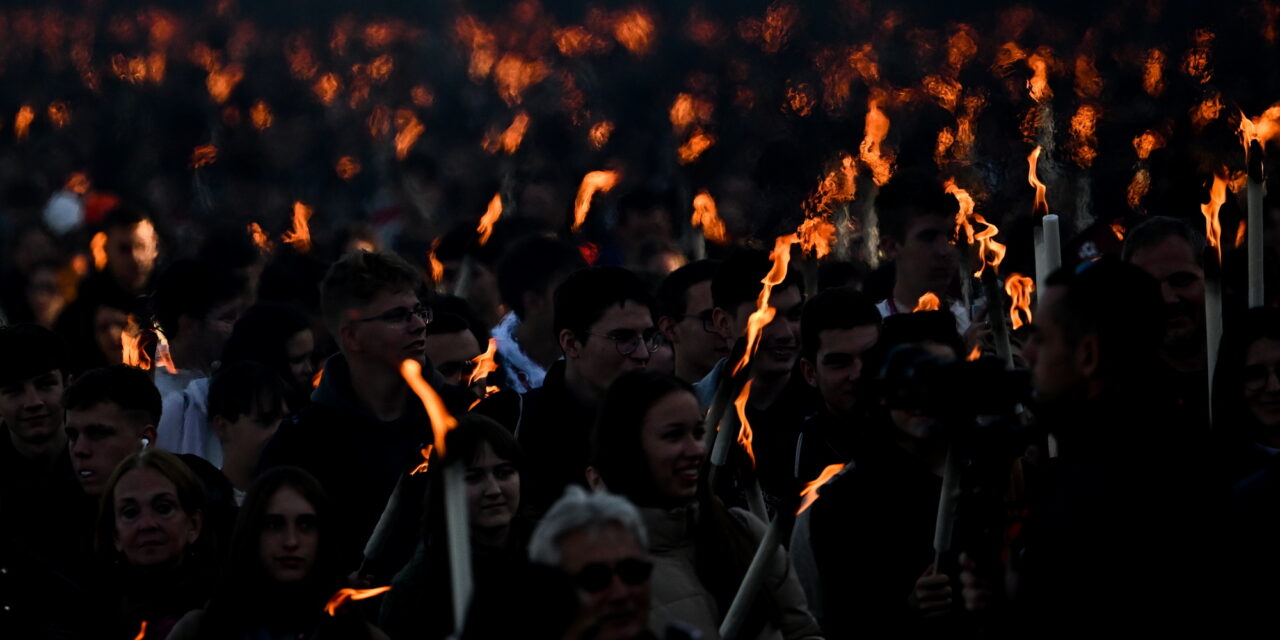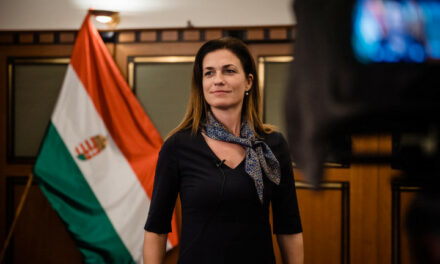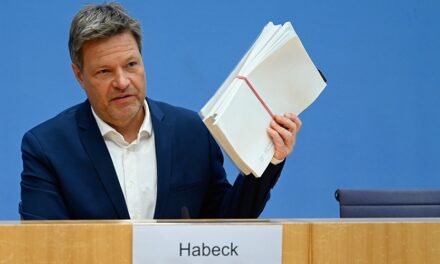If we go back to October-November 1956 in the 24th year of the 21st century, we can clearly see the hopelessness of the revolution, except that the insurgents did not look at history from here, but they were history then and there.
God's ways are inscrutable. Anyone who thinks they know why is happening is either very conceited or very stupid. Who could have predicted that on October 23, 1956, an uprising would break out in Budapest against the Soviet invaders and the communist dictatorship with bloody hands? And who would have thought that the big-mouthed West, led by the supposedly anti-Soviet and anti-communist leaders of the USA, would do nothing to help the revolutionary Hungarians as it did? Who would have thought that "our own" would shoot into an enthusiastic, peaceful crowd in front of the Parliament? Who would have thought that hundreds of people at Magyar Rádió would lose their lives in an ultimately senseless fight?
And who would have thought that the Hungarians who yearn for freedom, the boys and girls of Pest, would attack the watch-thiefing, raping hero red gang despite the fact that they had not even the slightest chance of not only winning, but even surviving?
God's ways are inscrutable, but those of the communist brigands are predictable. Only the most naive could think that the comrades would let their privileges go to waste. Because they got bananas and oranges, and not the Hungarian orange variety, which is a bit yellower and a bit more sour. Caviar and lentils were served on their tables, while the average Hungarian could only eat venison or pork.
If we go back to October-November 1956 in the 24th year of the 21st century, we can clearly see the hopelessness of the revolution, except that the insurgents did not look at history from here, but they were history then and there.
The smart ones may declare that they undertook a pointless resistance, but these "wise men" of today are only able to deduce what happened according to the "worth it or not worth it" business philosophy of the time. For them, desperation, patriotism, longing for freedom are not a factor, the spirit and heart of 1848 dormant in Hungarians is not a factor. There is no such thing for them, only soulless calculation exists.
Thinking in this way, I myself could say that they were naive dreamers who tried to be free, even though they knew that they did not have the slightest chance against the invaders of the Great Soviet Union. They could and did think that the West would support it while the East backed down. They thought so, but then who were they? Dreamers? Crazy people who tried to take on tanks with a rifle?
Others - in hindsight - may claim that it is, and perhaps they are right, but I have no right to do so. There is none, because I know that they were serious, they believed in what they tried.
My father told me, and my father never lied.
He told me (but my son, this should not be discussed elsewhere) from where the first shot rang out at Magyar Rádió. He must have known, since he was in the building at the time, as a reporter and an ardent revolutionary. He read out the revolutionary demands in the courtyard of the Rádió, after György Szepesi he addressed the crowd gathered in Bródy Sándor Street, and from him I know how Comrade Valéria Benke hid and fled under a desk in terror. And from him, who then became a member of the Workers' Council, I know how the radio revolutionaries rescued the enlisted ÁVH soldiers, dressing them in civilian clothes instead of uniforms. And I believed him, because he secretly showed me the first and only issue of the newspaper that he edited and whose title was: Szabad Magyar Rádió.
He told all this, but for the rest of his life he remained silent about the proceedings against the members of the radio Workers' Council and also about the honesty with which he stood up for the cause of the revolution after November 4, even though he risked prison. He kept quiet about this, I think he would have considered it a boast if he spoke. I will never know if the historian Irén Simándi, who processed the history of the Radio in 1956, does not talk about my father's interrogation and his behavior there...
In the family - I was only 2 years old in 1956 - we never heard anything other than that it was a lie to call the events of that time a counter-revolution, but we were not allowed to talk about it anywhere. Later, when I grew into a reasonable teenager, I already formulated the question to myself (it was forbidden to form an open opinion) why it was possible to be "against" when there was no revolution against which an uprising would have broken out. I also couldn't stomach the fact that "fascist hordes" were rioting, since this term also included anti-Semitism for me, I knew that my father and his friends could not be anti-Semites in any way, since there were many people of Jewish origin in the immediate family in his circle of friends.
It was only as an adult, as a journalist, that I thought about who those people were who called the revolution with pure intentions a counter-revolution.
And today I am amazed to see who wants to appropriate the cause of the revolution.
Those who are the legal successors of the former state party, whose predecessors bloodied the revolution with Soviet wars. I didn't understand, and I still don't understand today, how they dare to do this, with murderous grandfathers, vengeful puffy-faced leaders, and fathers commanding volleys of fire behind their backs? It would be a shame to even mention them, decency is as far from them as the idea of a free Hungary is from their ancestors.
You don't even have to prove how true this is, it's enough to see and hear what they do in the Parliament, what they support and even advocate in Brussels and Strasburg, how the inherited communist hatred against their own people burns in them. After all, we hear the same thing - even today only as a threat - that was carried out by the Party's prominent figures after 1956. The difference is that today they do not yet have the power to "legally" kill and eliminate those who act against them.
Of course, they have already reached the level of assassinations.
I ask myself: would I have been able to pick up a gun or just do what my father did? By the way, he never lost his naivety, the biggest quarrel of our life took place over the fact that he expected the renewal of the system from Károly Grósz, but my conviction was (and unfortunately I was right) that he was not much different from his communist predecessors.
No, I know for sure that I would not have been able to take up arms, nor to try anyway, aware of the hopeless undertaking.
The era of the "cheeriest bars" has softened, and the four decades of the 20th century, which sought to adapt, have made me blind.
I would never have become as brave and a hero as Péter Mansfeld, Gergely Pongrácz, Ilona Szabó, Jenő Fónay or Mária Wittner.
We are dwarfs at the feet of giants.
Author: György Tóth Jr
Front page photo: The participants of the traditional torch-lit commemorative procession held on the occasion of the 68th anniversary of the 1956 revolution and freedom struggle, organized by the Rákóczi Association, march from the University of Technology to Bem Square on October 22, 2024.
MTI/Tibor Illyés













